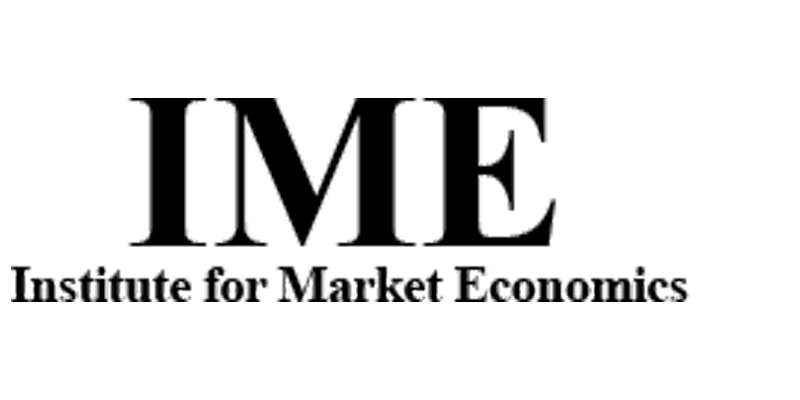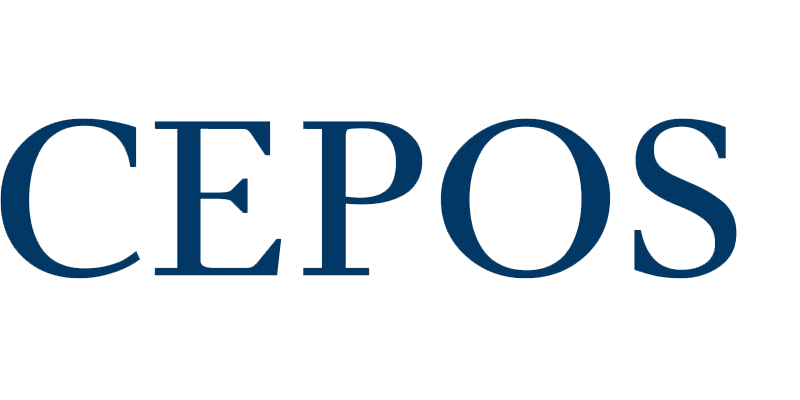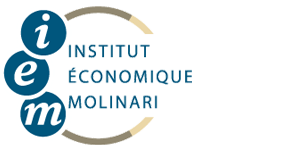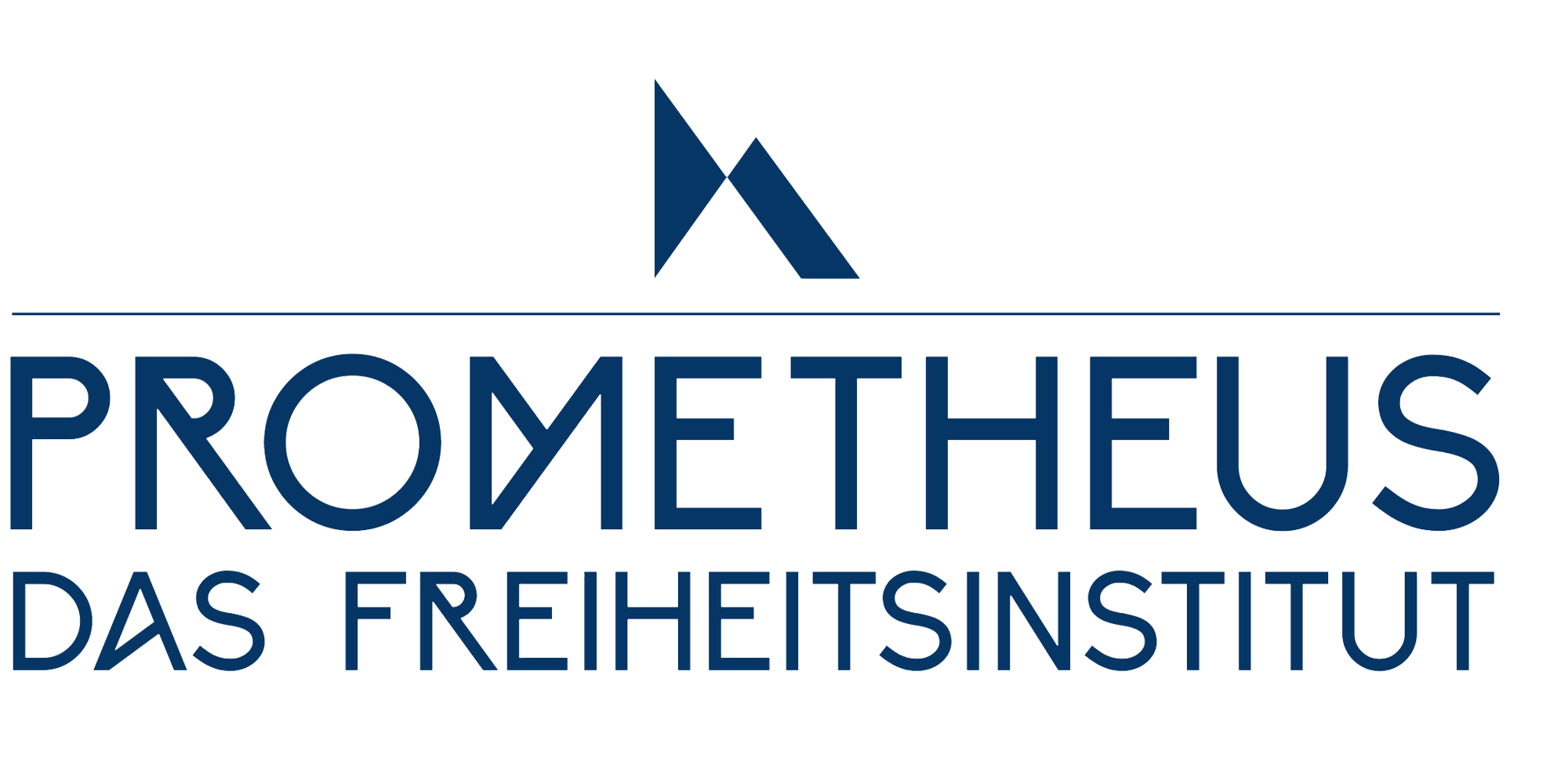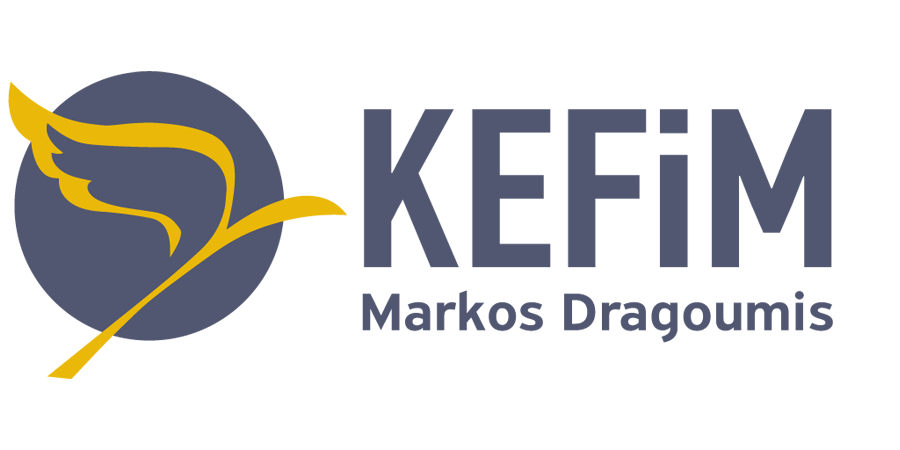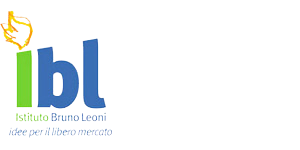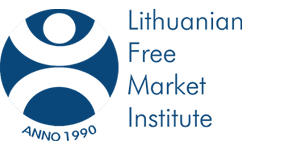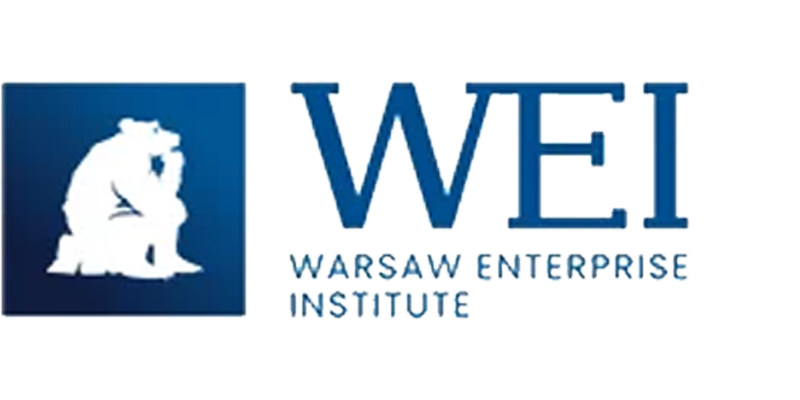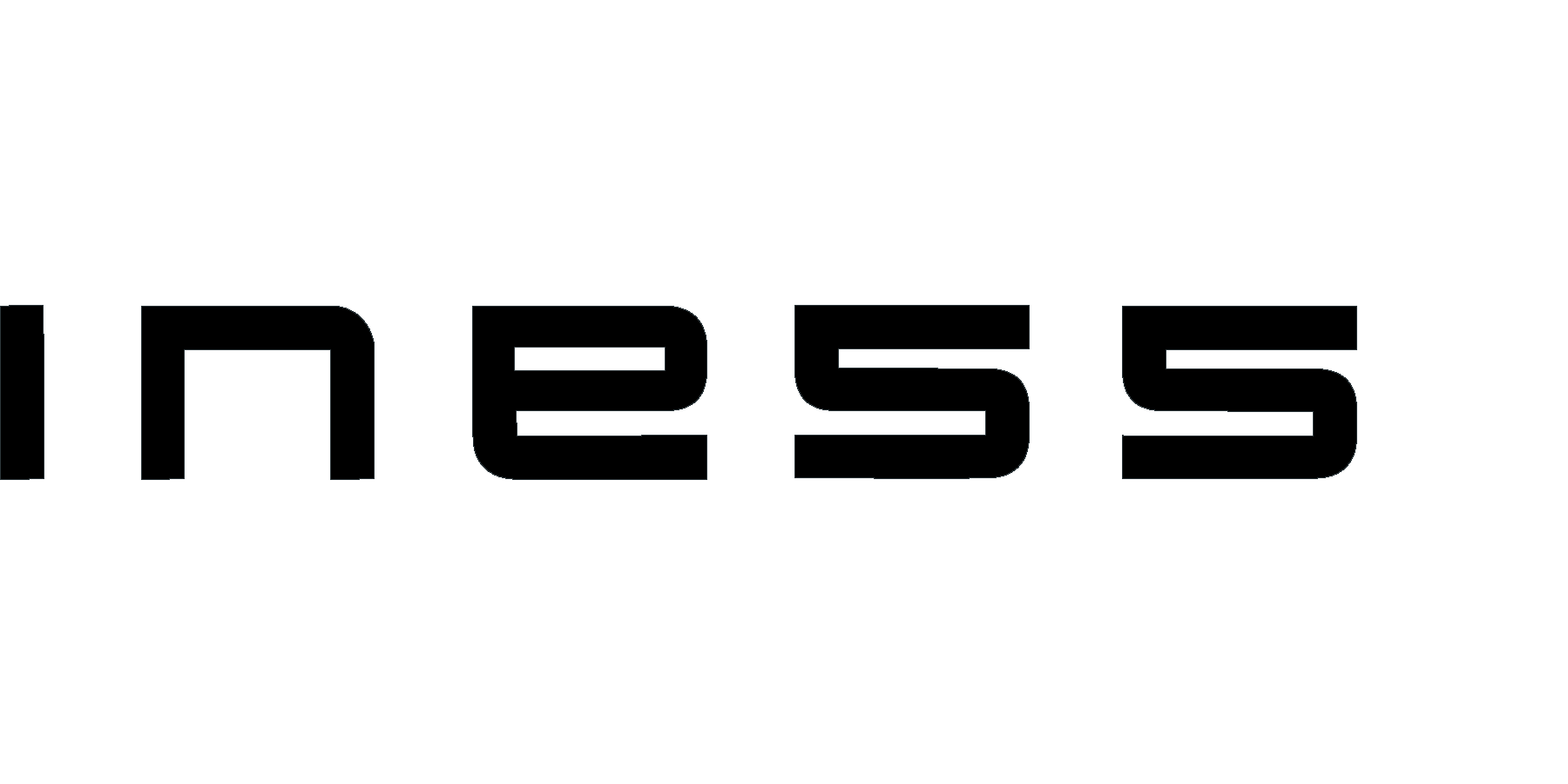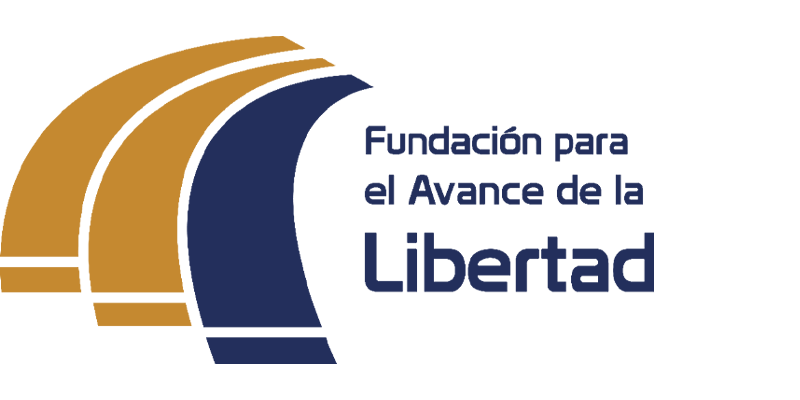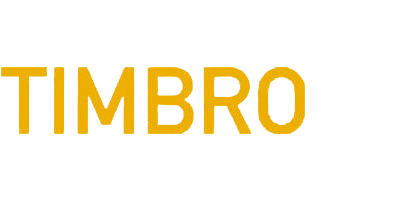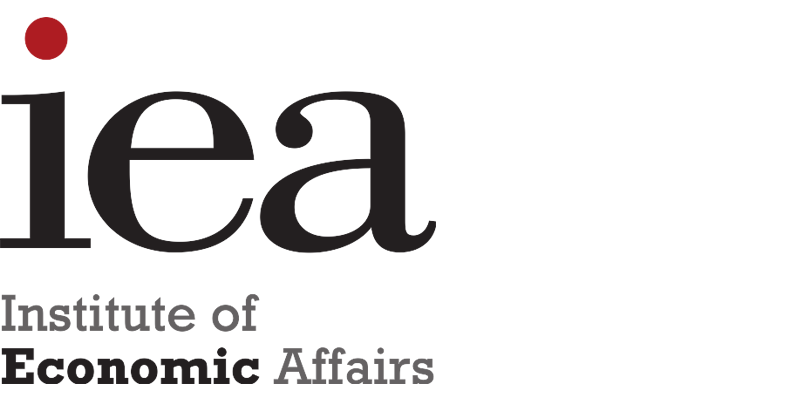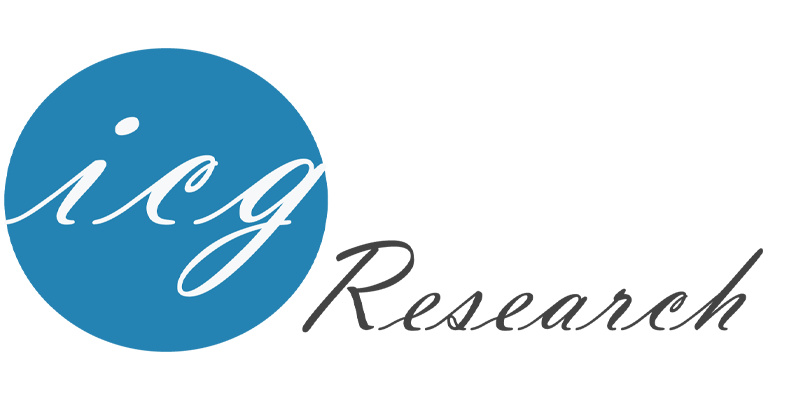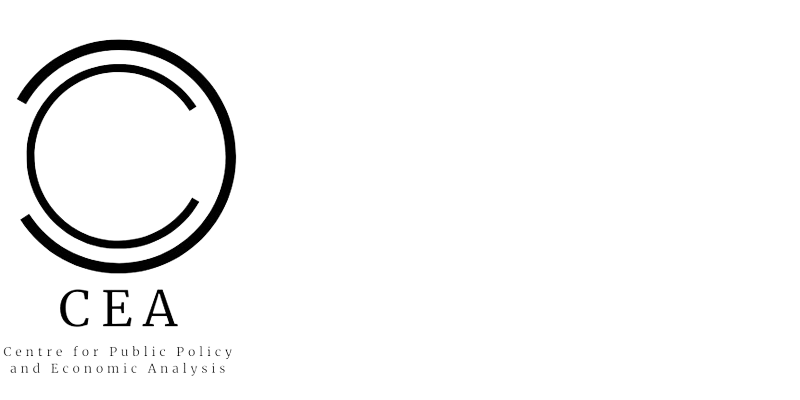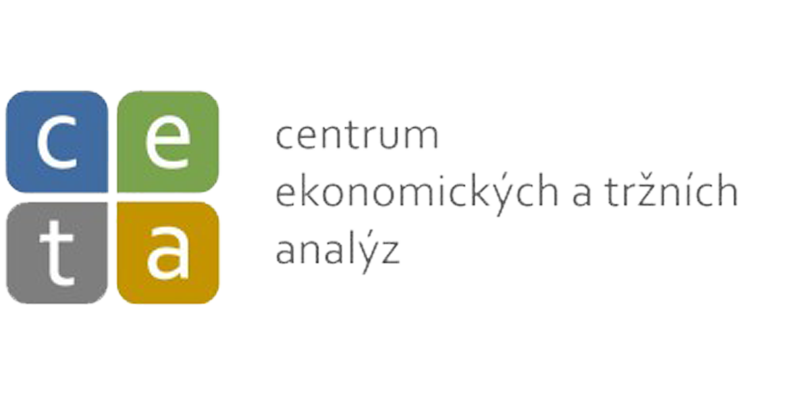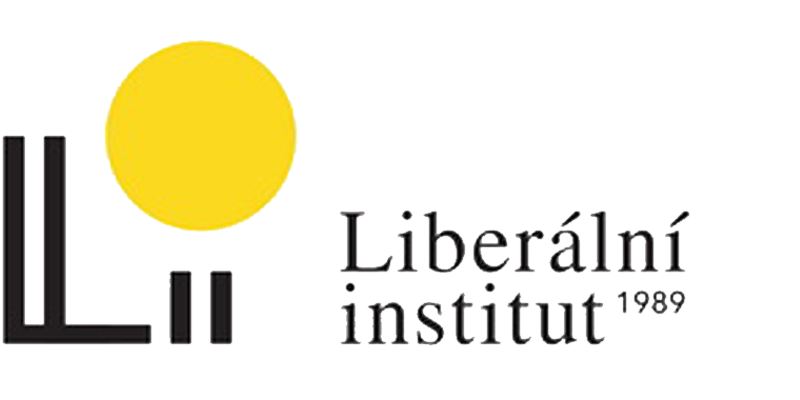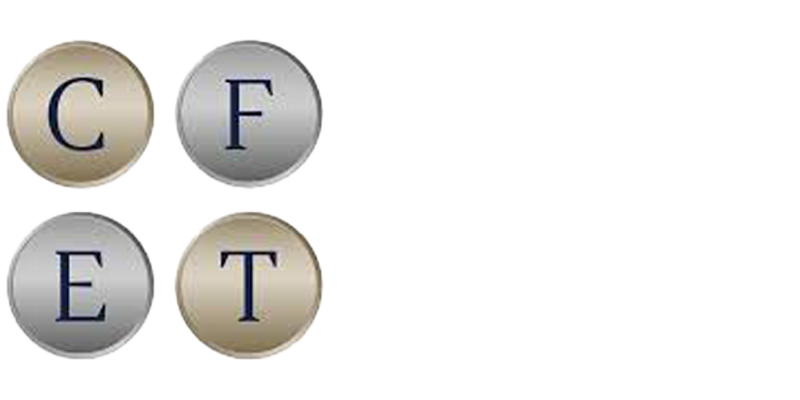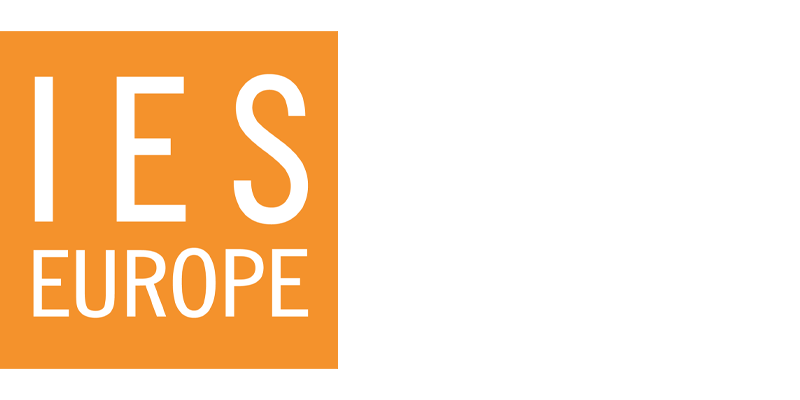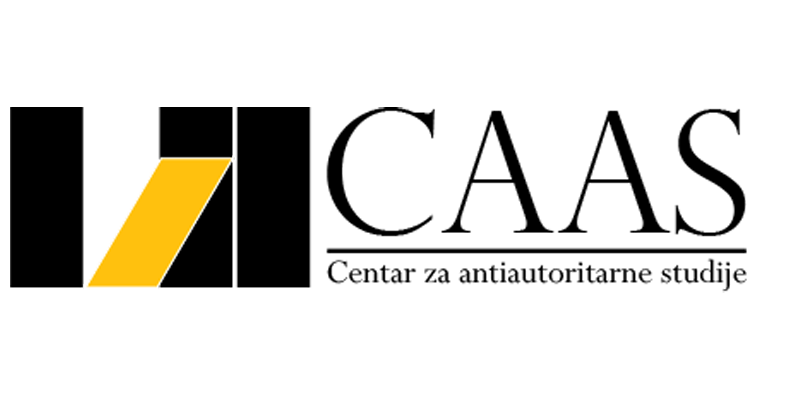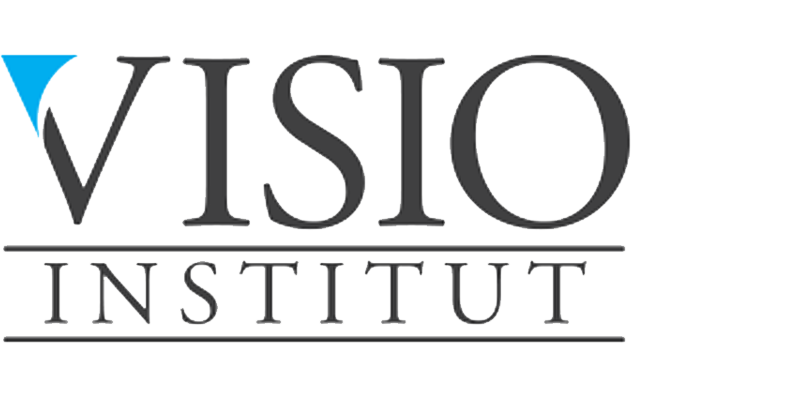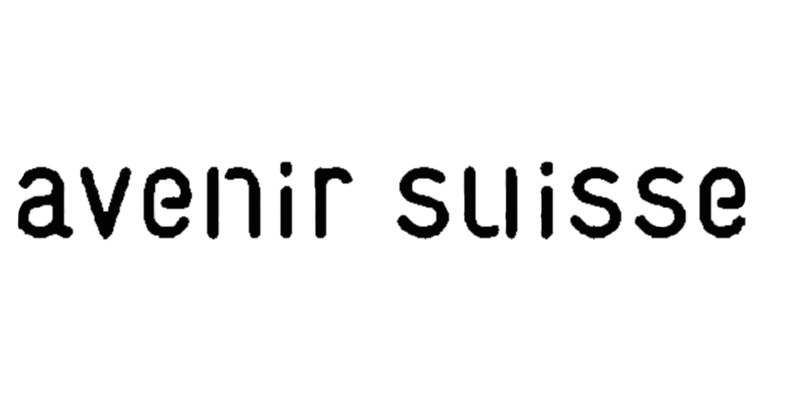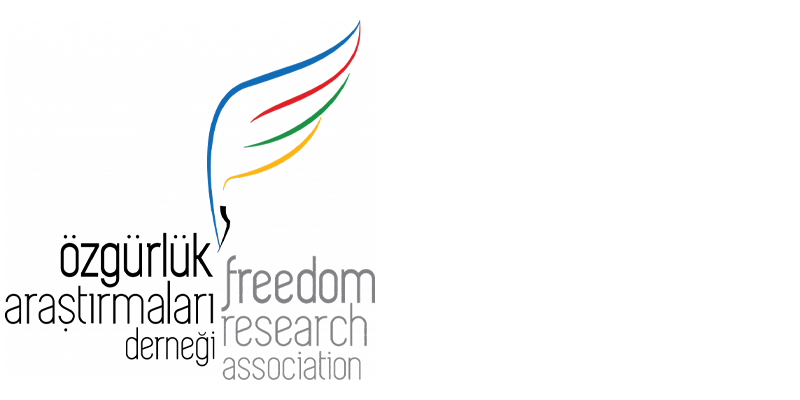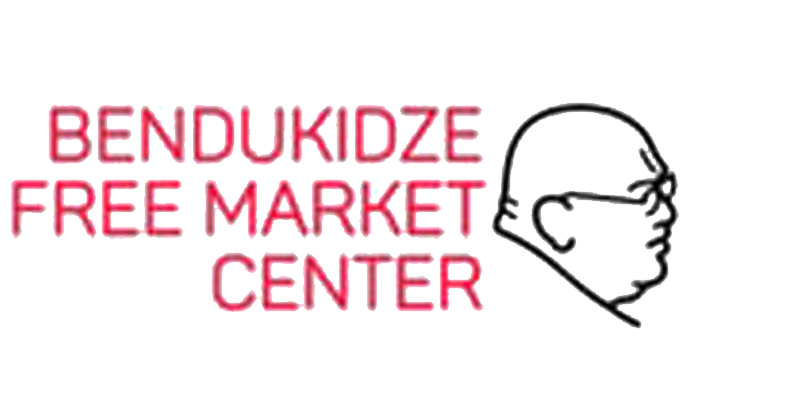Epicenter Fellows
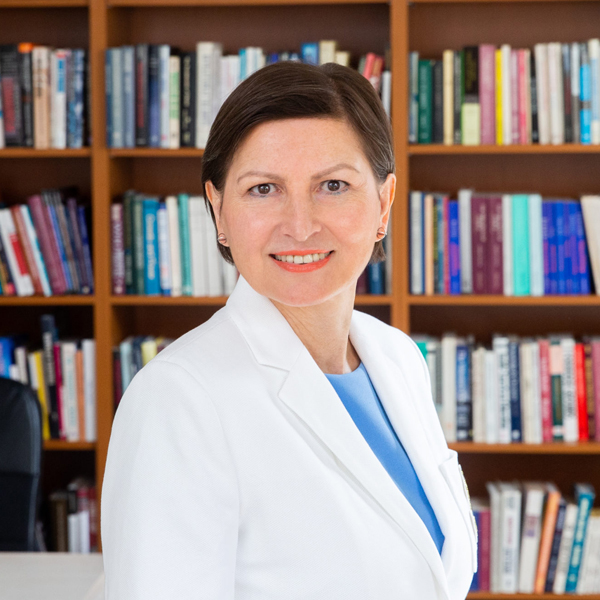
Elena Leontjeva
Founder and President of LFMI
Elena Leontjeva co-founded the Lithuanian Free Market Institute (LMFI) in 1990 and acted as its President from 1993 until 2001. Currently she is the President of the LMFI again, and serves as the chairwomen of the Board of the Lithuanian Free Market Institute.
She has directed research and policy advocacy at the Institute, whilst playing a key role in her country’s transition. Elena has contributed to the reforms in the Banking system, introduction of the Currency Board and the Litas Credibility Law, building the legal foundations for the Securities Market and the Stock Exchange, Deregulation, Tax and budget reform as well as the introduction of Private Pension Insurance. She has also served as a State Councilor on economic reform in six consecutive administrations, and in 1998-9 has been chief economic advisor to Lithuanian President Valdas Adamkus.
Elena holds degrees in economics, mathematics and programming, and having retired from the presidency of the LMFI in 2001, has dedicated herself to writing fiction. Since 2007 she studies the phenomena of lack, has pioneered and led multidisciplinary research on scarcity and lack, uniting philosophy, theology, anthropology, sociology, psychology and economics.
Alexander Albrecht
Senior Fellow at Prometheus
Alexander Albrecht is a Senior Fellow at Prometheus – Das Freiheitsinstitut. His main expertise is in the area of migration economics and economic growth.
He has a Bachelor’s degree in international Relations and Economics from the University of Erfurt, a Master’s degree from King’s College London in Political Economy. He is currently also undertaking postgraduate studies in economics at the University of Cambridge.
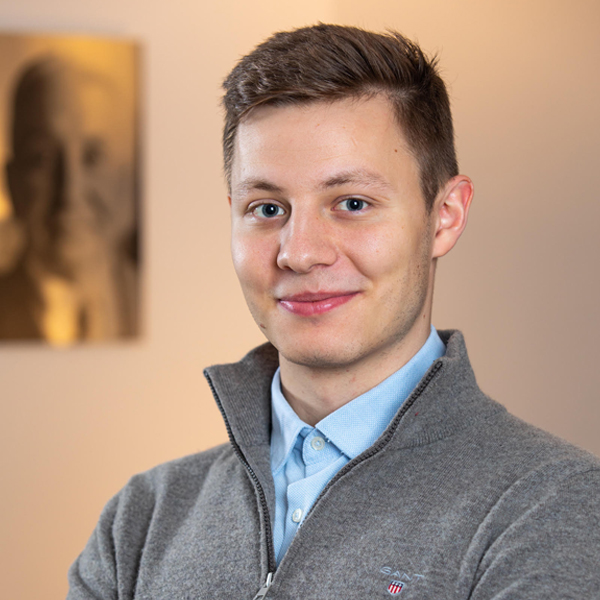
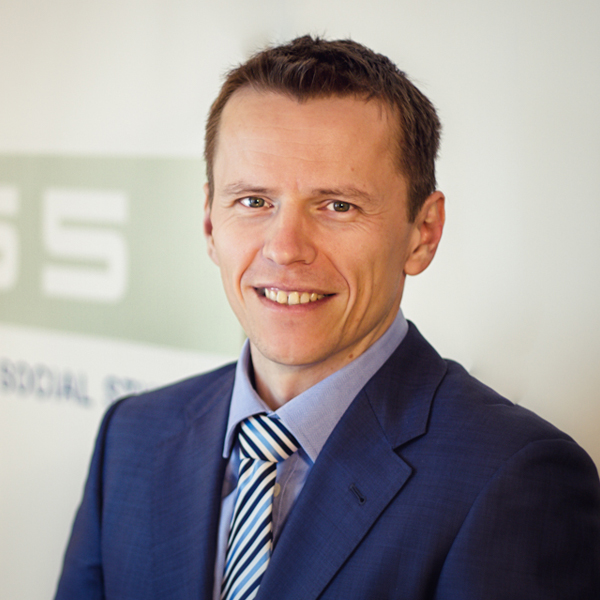
Radovan Ďurana
Head of Research at INESS
Radovan Durana is the Co-founder and Head of Research of INESS, where he is responsible for coordinating the public policy research of the institute. His field of expertise are taxation, pensions, economic and social policy, regulatory barriers, and labor market. His most recent publications have focused on climate policy issues and carbon taxation. He Radovan also oversees the Price of the State project, which provides clear information on the price of public services based on an analysis of public finance.
Radovan is one of the most frequently cited economists in national broadcast and print media in Slovakia.
Before he started his work at INESS in 2006, he worked as a risk analyst in commercial bank.
Matthew Lesh
Director of Public Policy & Communications at the IEA
Matthew Lesh is the Director of Public Policy and Communications at the Institute of Economic Affairs. He has written about the role of the business and the state, barriers to innovation, digital regulation and free speech, political divides, housing, and market environmentalism.
He regularly appears across television and radio, including the BBC, Sky News and GB News, and has been published in the Daily Telegraph, The Times, The Spectator, The Wall Street Journal, the Sydney Morning Herald and The Australian.
Matthew is also a Fellow of the Adam Smith Institute and an Adjunct Fellow at the Institute of Public Affairs. He has also worked for Australian politicians, in digital communications, and founded a mobile application development start-up.
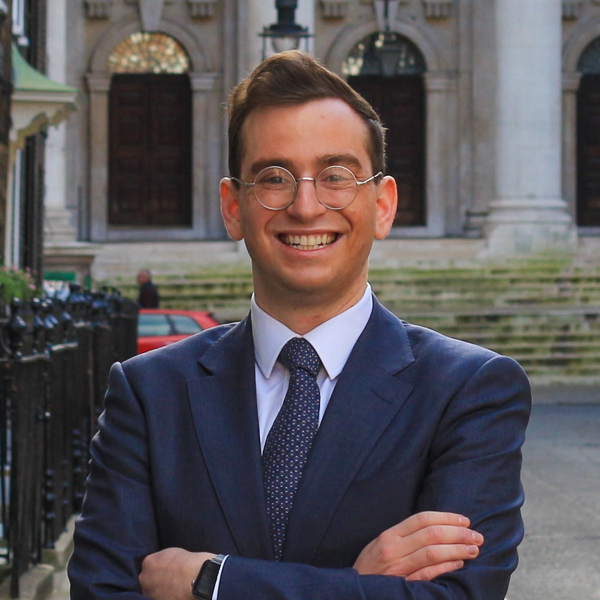
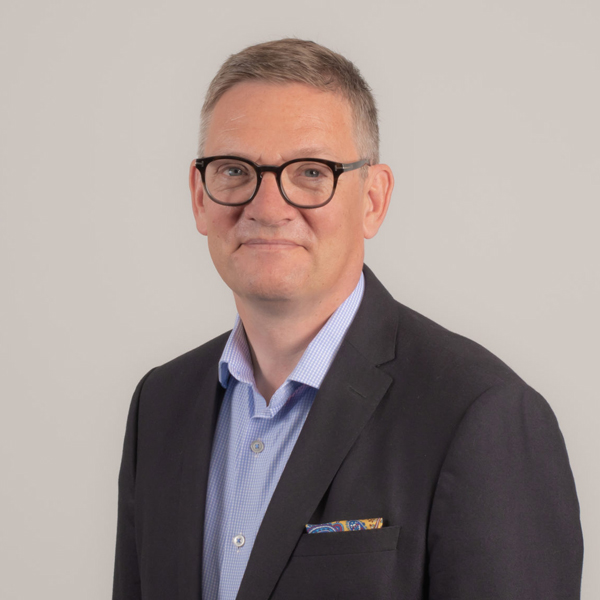
Otto Brøns-Petersen
Director of Analysis at CEPOS
Otto Brøns-Petersen is the Director of Analysis at Center for Political Studies (CEPOS), a Copenhagen based public policy research institution and member of EPICENTER. His main areas of public policy expertise are economic policy, climate and energy economics, tax policy, economic growth, and financial regulation. Otto has published on a wide number of subjects in economics, public policy, political science, and political philosophy. He is a regulator columnist for two of Denmark’s major newspapers, Berlingske Tidende and Jyllands-Posten.
He is a former Deputy Permanent Secretary of the Danish Ministry of Taxation, in charge of tax and general economic policy. Previously, he has been a Director for Economic Analysis at the Ministry of Taxation and a Director of Structural Economic Policies and Public Finances at the Ministry of Economic Affairs. He has also taught at the University of Copenhagen and Copenhagen Business School.
Otto holds an MA in economics from the University of Copenhagen.
Andreas Johansson Heinö
Publishing Director of Timbro
Andreas Johansson Heinö is the Publishing Director of Timbro, EPICENTER’s Swedish member think tank.
He is an expert on populism and nationalism and author of the Timbro Authoritarian Populism Index. Andreas is a columnist for Dagens Nyheter and has written several books on nationalism, populism and migration in Sweden. His latest book ‘Anteckningar från kulturkriget’ (Notes from the Culture Wars) will be published in June 2021.
Andreas holds a PhD in political science from the University of Gothenburg.
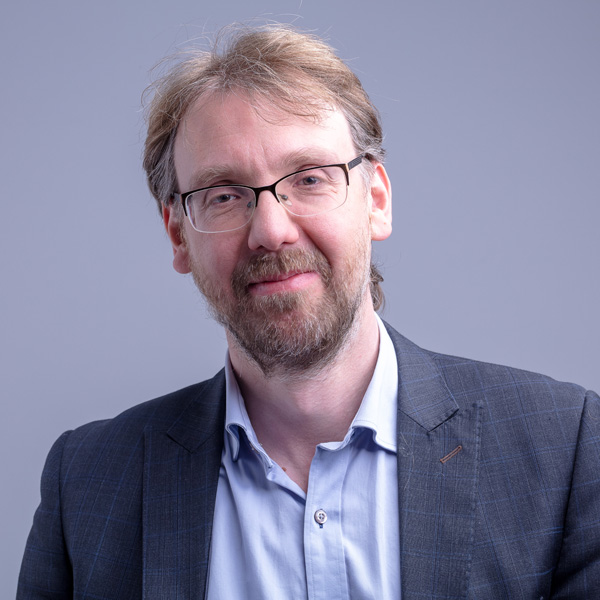
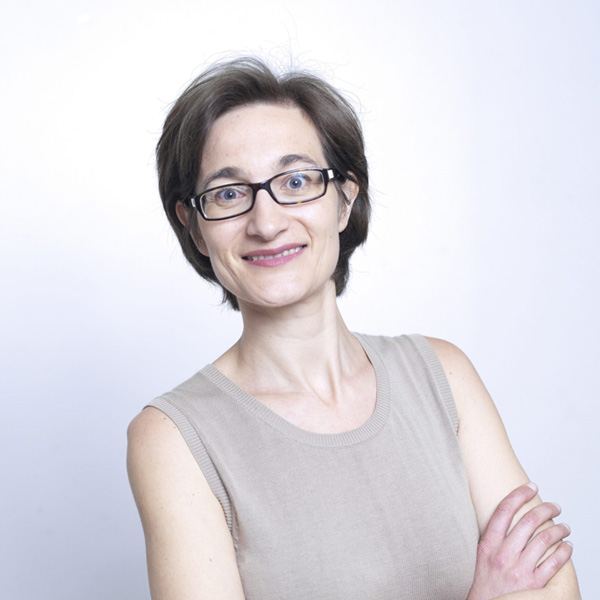
Cécile Philippe
President of Institut économique Molinari
Cécile Philippe is the Founder and President of Institut économique Molinari, EPICENTER’s French member think tank. Cecile is an author and regular contributor to several French and English language newspapers. Her first book titled ‘C’est trop tard pour la terre’ (It’s too late for the Earth) deals with environmental matters and seeks to put an end to various myths, including the notion that regulation and taxation go hand in hand with environmental improvement. Her second book, titled ‘Trop tard pour la France? Osons remettre l’État à sa place’ (Too late for France? Let us dare to put the state back in its place) deals with the financial crisis and the role the state plays in our lives. Cécile is a regular guest on several TV and radio shows, including BFM, RFI, France 3 and LCI.
Cecile holds a doctorate in economics from Paris-IX Dauphine University and a Diploma in Advanced Studies in business management in developing countries.
Constantinos Saravakos
Research Project Coordinator at KEFiM
Constantinos Saravakos is a political scientist and Research Project Coordinator of KEFiM, EPICENTER’s Greek member think tank.
Constantinos is a member of the Greek Political Science Association and a member of the Economic Chamber of Greece. His main research interests include regulation, political economy (poverty, inequality and prosperity) and political parties (democracy, populism and political behaviour).
He holds an MA in Political Science and Sociology (Hons) and a BSc in Philosophy and History of Science from University of Athens. He has also received his MSc in Applied Economics and Administration from Panteion University.
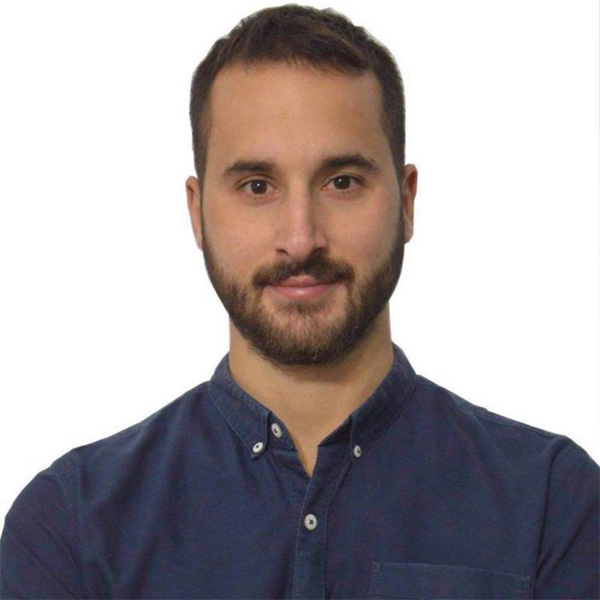
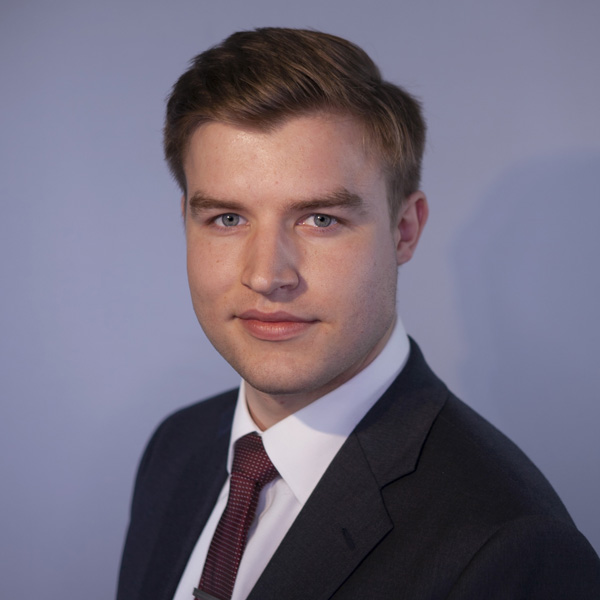
Alexander C.R. Hammond
Director of IATP
Alexander C. R. Hammond is the Director of the Initiative for African Trade and Prosperity, an IEA Free Trade Fellow, and Senior Fellow at African Liberty.
Formerly, Alexander worked in Washington D.C. as a Research Associate in the Cato Institute’s Center for Global Liberty and Prosperity, a Foreign Policy Fellow at Young Voices.
Alexander often writes about economic freedom, African development, British politics, and global wellbeing. He is also the author of HumanProgress.org’s Heroes of Progress column. Alexander’s works have been translated into multiple languages and have been featured in The Washington Times, Reason, The National Interest, The Washington Examiner, CityAM, Newsweek, CapX, Business Insider SSA, News24, FEE, the Cato Institute website, the HumanProgress blog, and various other outlets both in the United Kingdom and overseas.
Carlo Stagnaro
Research & Studies Director of Istituto Bruno Leoni
Carlo Stagnaro is the Research & Studies Director of Istituto Bruno Leoni, Italy’s leading free market think tank.
Prior to his role at IBL, Carlo was chief of the Minister’s Technical Staff at Italy’s Ministry of Economic Development. His research interests are in the fields of energy economics and competition policy. Carlo is also a member of the Institute of Economic Affairs’ Academic Advisory Council, a fellow of the Italian Energy Poverty Observatory at the University of Padua’s Levi-Cases Center as well as a member of the editorial board of the quarterly journal “Energia”. He is a regular columnist for the daily magazines “Il Foglio” and “Il Secolo XIX”. His latest book is “Contro il sovranismo economico”, written together with Alberto Saravalle (Rizzoli, 2020).
Carlo has an MSc in Environmental Engineering from the University of Genoa and a PhD in Economics, Markets, Institutions from IMT Alti Studi – Lucca.
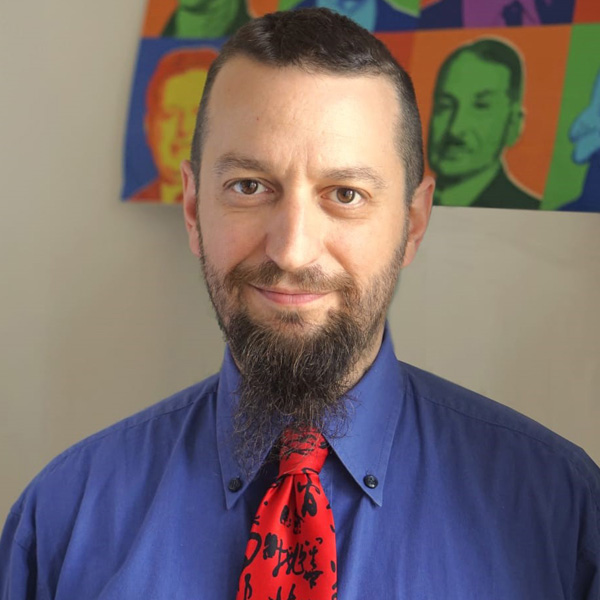
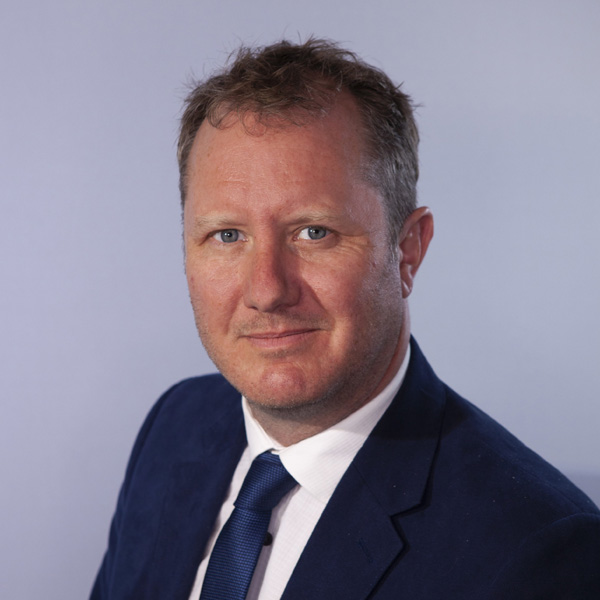
Christopher Snowdon
Head of Lifestyle Economics at the IEA
Christopher Snowdon is the Head of Lifestyle Economics at the Institute of Economic Affairs in London – EPICENTER’s British member think tank.
He is the author of The Art of Suppression, The Spirit Level Delusion and Velvet Glove; Iron Fist. Christopher is also the editor of the Nanny State Index, a league table of the best and worst places in the European Union to eat, drink, smoke and vape. His work focuses on pleasure, prohibition and dodgy statistics. He has authored a number of publications including Sock Puppets, Euro Puppets, The Proof of the Pudding, The Crack Cocaine of Gambling and Free Market Solutions in Health. Chris
Latchezar Bogdanov
IME Chief Economist
Lachezar Bogdanov has been the Chief Economist of IME since 2019. His research focuses on macroeconomic policy, public finance, the tax system and the labour market. He is the author of a number of analyses supporting reforms and initiatives to increase economic freedom, remove regulations and improve the investment climate. He worked as a consultant on restructuring and efficiency improvement projects in the public sector in Bulgaria and other countries of the region. In 2004, he was one of the founders of the research and consulting company Industry Watch. He studied at the Sofia Mathematical High School and the University of National and World Economy.
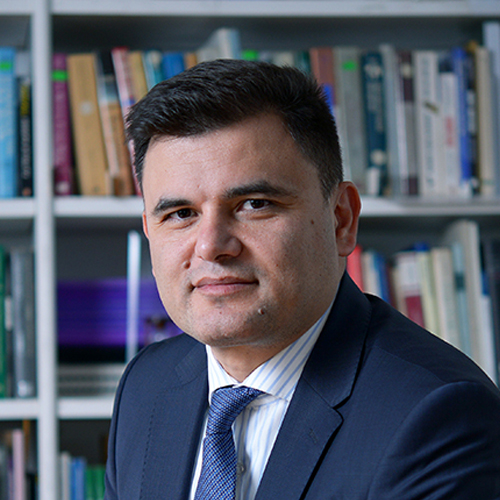
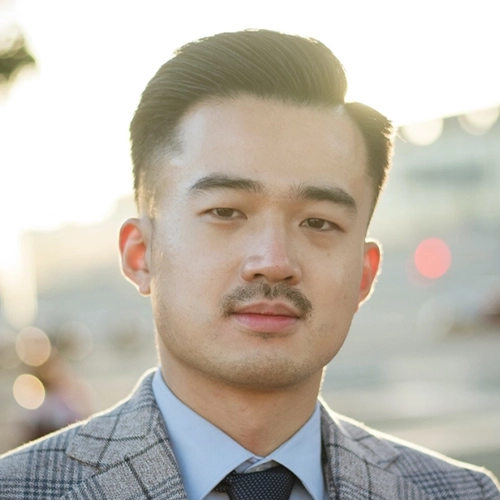
Dr. William H. Wang
Head of Research at Fundalib
Dr. William Hongsong Wang is an Associate Professor of Economics at the European University of Madrid and Head of Research at the Foundation for the Advancement of Liberty (Fundalib). His main research research interests include environmental economics, the history of economic thought, entrepreneurship and public policy. Considered as one of the leading academics of the Austrian School Economics in Spain, he has published more than ten works on research and public policy. He was born in Shanghai and holds a Ph.D. in Economics from the Universidad Complutense University of Madrid (Spain).
Think Tank countries
Members
Partners
